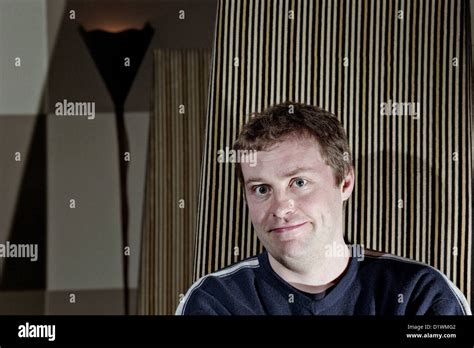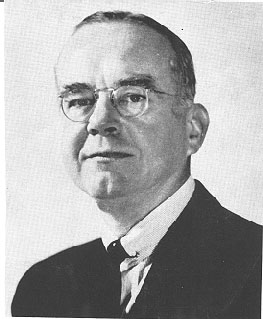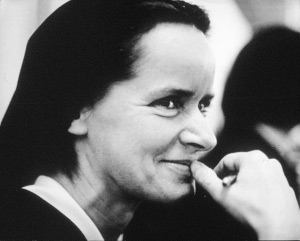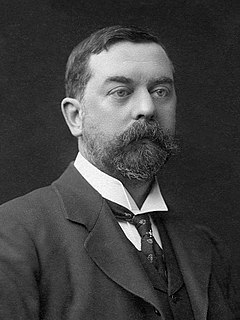A Quote by Andrew Young
Everybody is determined by his own experience.
Quote Topics
Related Quotes
The big turning point for me was a school debate in sixth year when, against all odds and to everybody's surprise, I put myself forward... I wrote this funny speech and was determined to do my own thing, and it wasn't on topic and people were laughing a lot. I really can't describe how wonderful an experience it was.
The market economy is the social system of the division of labor under private ownership of the means of production. Everybody acts on his own behalf; but everybodys actions aim at the satisfaction of other peoples needs as well as at the satisfaction of his own. Everybody in acting serves his fellow citizens.
Convictions that outcomes are determined by one's own actions can be either demoralizing or heartening, depending on the level of self-judged efficacy. People who regard outcomes as personally determined, but who lack the requisite skills, would experience low self-efficacy and view the activities with a sense of futility
You have to get beyond your own precious inner experiences. The actor cannot afford to look only to his own life for all his material nor pull strictly from his own experience to find his acting choices and feelings. The ideas of the great playwrights are almost always larger than the experiences of even the best actors.
The person in peak-experiences feels himself, more than other times, to be the responsible, active, creating center of his activities and of his perceptions. He feels more like a prime-mover, more self-determined (rather than caused, determined, helpless, dependent, passive, weak, bossed). He feels himself to be his own boss, fully responsible, fully volitional, with more "free-will" than at other times, master of his fate, an agent.
I think a successful company is one where everybody owns the same mission. Out of necessity, we divide ourselves up into discipline groups. But the goal when you are actually doing the work is to somehow forget what discipline group you are in and come together. So in that sense, nobody should own user experience; everybody should own it.
'Impressionism' was the name given to a certain form of observation when Monet, not content with using his eyes to see what things were or what they looked like as everybody had done before him, turned his attention to noting what took place on his own retina (as an oculist would test his own vision).
Impressionism' was the name given to a certain form of observation when Monet, not content with using his eyes to see what things were or what they looked like as everybody had done before him, turned his attention to noting what took place on his own retina (as an oculist would test his own vision).




































